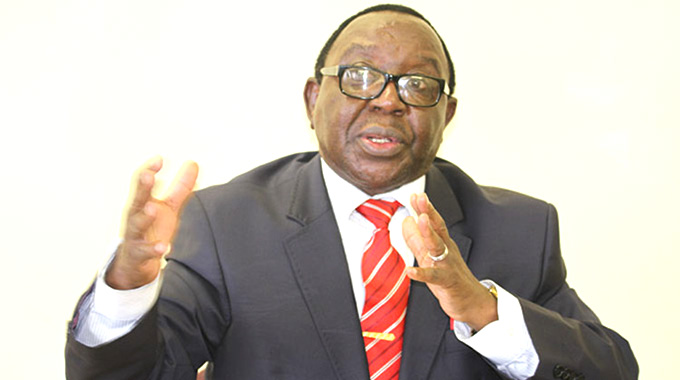There’s more to empowering women than mere rhetoric

Ruth Butaumocho African Tapestry
The gender discourse has remained contentious in many spaces and forums for over 100 years.
Problems associated with gender inequality have been researched and documented ad infinitum.
Yet, the debate persists with little or no signs of progress across the globe.
Anger and despair continue to dominate all forums as both women and men table the same challenges, where same mundane solutions are proffered, to the chagrin of all.
Patriarchy, stereotypes, structural challenges and sexism have become hackneyed phrases that are often bandied about as stalling women’s economic advancement.
It is within the same context that media and the female population have continually been told that the economic empowerment of women and poverty reduction are the doorway to gender equality.
The discourse is almost becoming a façade.
One can understand women’s anger because of their numerical significance, where they constitute 60 percent of the global population, yet are among the world’s poorest.
Women’s reproductive and production roles make them strategic partners in developing future generations.
Sadly, global citizens are still confronted with shocking data which states that two or three people who cannot read or write nowadays are women; women make up 75 percent of the population living on less than US$1 a day, or 62 million girls globally do not go to school.
All this is happening despite the global view that empowering women was an important step.
Women empowerment needs systematic implementation to ensure that existing economic structures or empowerment vehicles are not elitist.
Sadly, the existing structures are silent on how women can be economically empowered outside the existing conventional systems.
To date, Zimbabwe boasts a coterie of women empowerment laws, empowerment vehicles targeting women, and ad hoc financial packages that trickle into the hands of a few.
If indeed these existing structures were for the benefit of female economic empowerment, Zimbabwe would not have large numbers of women who can barely cater for their daily needs.
Many will remember with nostalgia the launch of the Broad-Based Women’s Economic Empowerment Framework (BBWEEF) in 2012.
This was a brilliant medium-term development plan which sought to promote gender equality and women empowerment in all sectors of the economy. However, results on the ground show that the programme failed to achieve the intended benefits.
Two years ago, the Government launched the Zimbabwe Women’s Microfinance Bank to provide financial access to women entrepreneurs.
Can it be said now that the Mandas Marikanda-managed bank, has managed to solve financial challenges for the rural majority?
Can a disadvantaged woman in Gokwe Nembudziya apply for a loan from the bank, inject it into business and write a rags to riches narrative to inspire thousands of economically disadvantaged women in Kitsiyatota?
In fact, research by Duke University Department of Neuroscience professors Grainne Fitzsimons, Aaron Kay, and Jae Yun Kim, published in the Journal of Personality and Social Psychology, shows that overemphasising messages of individual female empowerment diminish people’s sense of systemic obstacles that require societal redress.
Maybe the story we should be pushing is that of promoting home-grown solutions for communities, rather than rolling out blanket economic strategies which may not necessarily address the needs of specific populations.
Since communities are not a homogenous group, it is critical for established entrepreneurs to respond to the needs of their communities, through mentoring, market linkages, networking and start-up packs. In this vein, we welcome the launch of the Women in Africa-Zimbabwe Chapter, an empowerment network for women.
A global initiative already operating in 30 African countries, Women in Africa launched its Zimbabwe Chapter on November 30, to coincide with the 16 Days of Activism against Gender-Based Violence.
The local chapter will be headed by internationally-acclaimed Zimbabwean businessperson Ms Laureen Adam.
Ms Adam is an international business icon, owner of Amara Health Spa.
She has won a series of accolades from her business spanning nearly two decades.
Ms Adam has earned a place among women who are determined to break the glass ceiling in the entrepreneurial world, by making Amara Spa a fast emerging and internationally recognised wellness centre, which offers top to toe health and beauty treatments.
She feels economic empowerment cannot continue to be institutionalised, but needs to be taken to communities where the majority of disadvantaged women live.
Coming from a position of privilege, Ms Adam would need to mobilise like-minded individuals to further promote economic empowerment for grassroots women who continue to lag behind despite an avalanche of empowerment vehicles.
Feedback: [email protected]








Comments